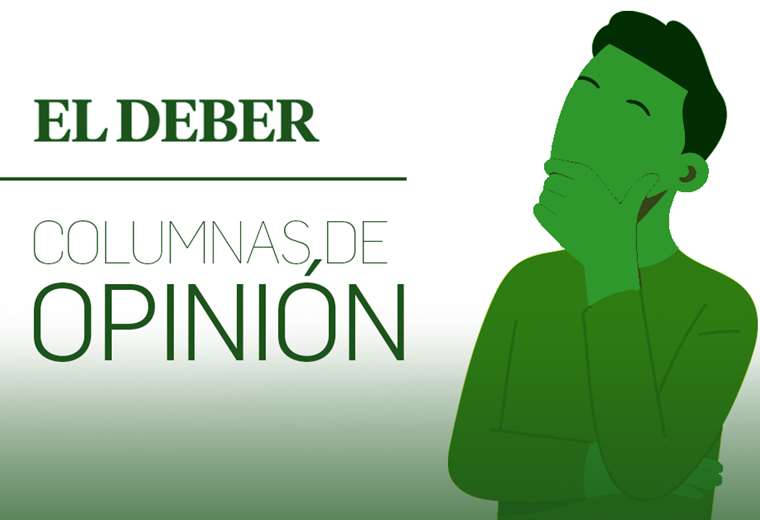July 28, 2022, 4:00 AM
July 28, 2022, 4:00 AM
A subject with paranoid schizophrenia, an entity that is conceptualized as a predominantly endogenous functional psychiatric illness, of a psychotic level and installation, in general, early and insidious. It is manifested by the rupture of the psychic phenomenon and the presence of symptoms in all its spheres, among which the conative ideoaffective dissociation stands out as a cardinal element. Its evolution is generally chronic, with outbreaks of exacerbation, and often leads to a significant deterioration of the personality.
This deterioration does not affect intelligence, orientation or memory, but it does affect the subject’s interests and motivations. The link between the ideational content, the affective experience and the behavior with reality is broken, he suffers from delusions of persecution, control, auditory, tactile, sexual, olfactory and visual hallucinations. Paranoid schizophrenia presents in its clinical picture, a predominance of hallucinatory and delusional phenomena. The essence of its medico-legal analysis lies in locating itself at the evolutionary moment or stage of the disease at a certain point of judicial interest, that is, at the moment of committing the crime for which the individual is accused. In other words, it is imperative to define whether or not the total loss of psychological capacities was manifesting in the individual when executing the crime, or if he presented psychopathological phenomena at that time that distorted his psyche. The criminal code includes within the defenses of criminal responsibility to mental derangement, the legal concept that includes psychosis and, naturally, schizophrenia, since the degree of psychological disorganization characteristic of an active schizophrenic picture is without a doubt cause of incompetence.
Although imputability is a strictly legal concept, its assessment constitutes a matter halfway between the world of law and the scientific field, since the repercussion of anomalies or psychic alterations in the execution of criminal acts and in the criminal responsibility of their author is included in the current Criminal Code, and it is a legal matter, but clearly impregnated with an evident multidisciplinary nature.
The existence of mental disorders in subjects who commit crimes has been a constant reality in the history of the human being. However, the legal-criminal assessment that these cases have merited have not always been resolved in the same way. In fact, the courts of justice have to deal with cases in which they must rule on the imputability of a subject suffering from an anomaly or psychopathological alteration. For this reason, legal professionals must make an effort to make available to the sciences, to document their doctrinal resolutions as jurisprudential, pretending to provide a scientific character to the daily criminal dogmatics.


















